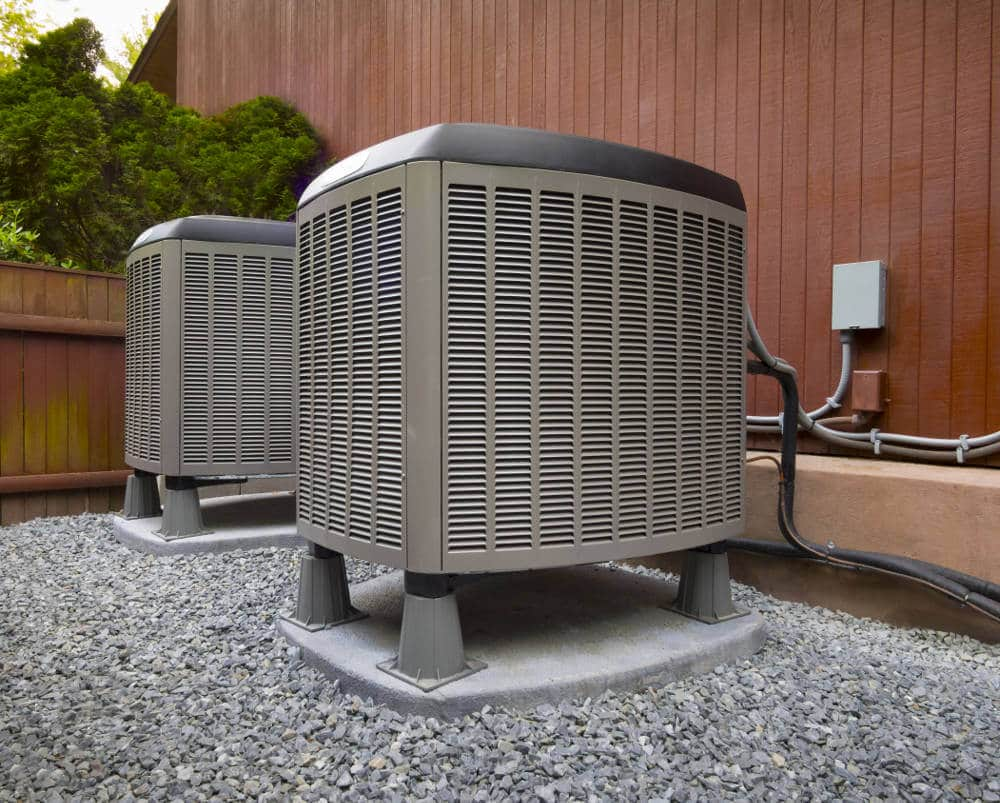When it is cold outside we expect our HVAC systems to keep us warm indoors. But when it gets so exceptionally cold, as it did during the recent extreme weather conditions, even the best HVAC system may need a helping hand to stay running efficiently. With winter not quite over yet, this month we take a look at how you can prepare and protect your HVAC system so that it does not let you down when you need it most.
How your HVAC system is affected by the weather
During a cold spell, your HVAC system quite simply works harder and for longer to keep the indoor temperature at the level set by your thermostat. With ambient temperatures below zero, this means that the time taken between achieving that temperature and having to come on again to keep it constant will be reduced. So your HVAC system is turning on the heat more frequently. While this should not affect your system’s efficiency, it does mean that your bills will be higher as it is working for longer. Another issue that may arise is the build-up of ice or pipes freezing for any units that are outdoors or exposed to the elements in any way.
What to do:
To keep that efficiency at its highest level make sure that your filters are clear, replacing them if necessary, to ensure smooth operation. Protect any units that are outdoors by building a cover above them or even enclosing them in a freestanding shelter which will prevent ice build-up on the actual unit. Only use materials that are ‘breathable’ to avoid a build-up of condensation – i.e. don’t use a tarp or plastic sheeting – and make sure that air can still flow freely to avoid creating a fire hazard. Remove any ice build-up promptly with warm water before it gets any worse. Also remove any snow build-up around external units to keep them operating freely. Keep your pipes clear by covering them with an insulating cover.
How humidity can affect your HVAC system
Humidity is the other issue you may have to contend with. During cold spells, humidity is usually much lower which means your HVAC system needs to work harder to heat dry air. This will mean higher energy bills as your system works to keep that indoor temperature at a constant level.
What to do:
Realistically there isn’t much that can be done, other than use a humidifier to introduce some moisture into the air. The trade-off is that any energy savings from your HVAC system will be offset by the energy used by a humidifying unit. If you are heating a smaller space bowls of water placed around your office space may be an alternative to raising the humidity levels. Keeping your filters clear will also make sure your unit is operating at its most efficient.
For advice on dealing with HVAC problems, filter cleaning, filter replacements and custom built outdoor boxes, give our team at JP Air Conditioning a call on 02083331191 or drop us a line at info@jpaircon.com.



